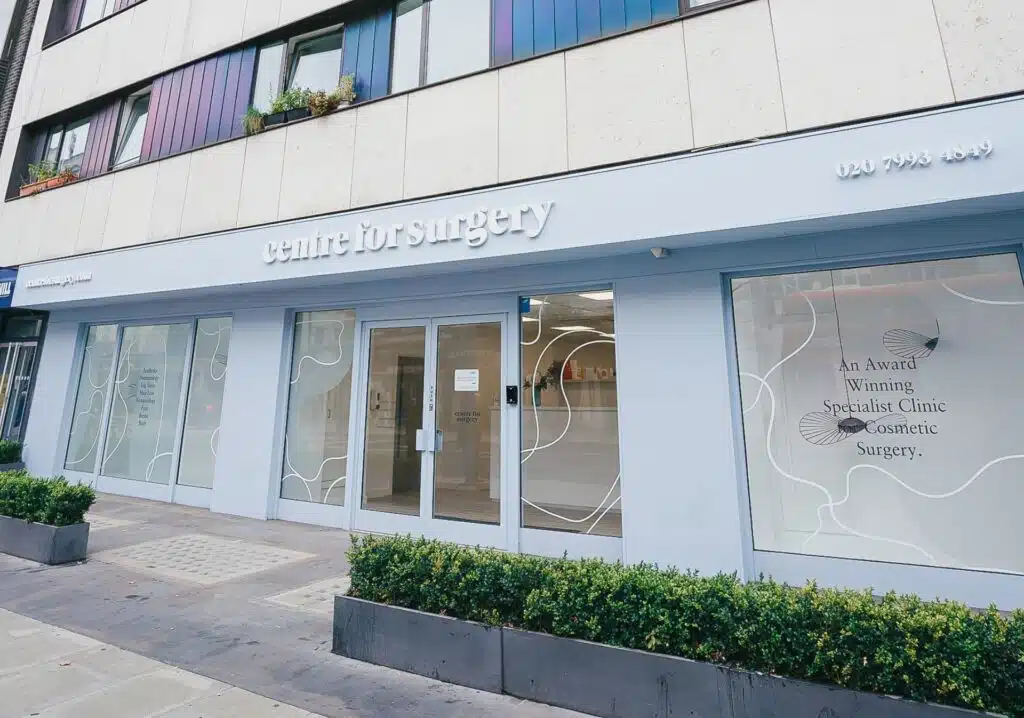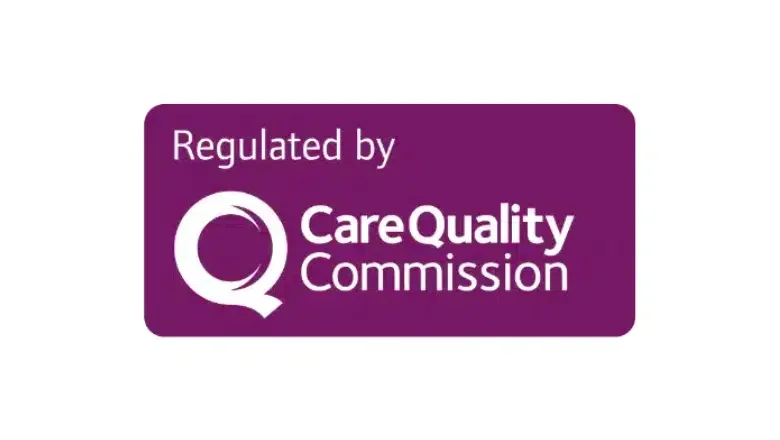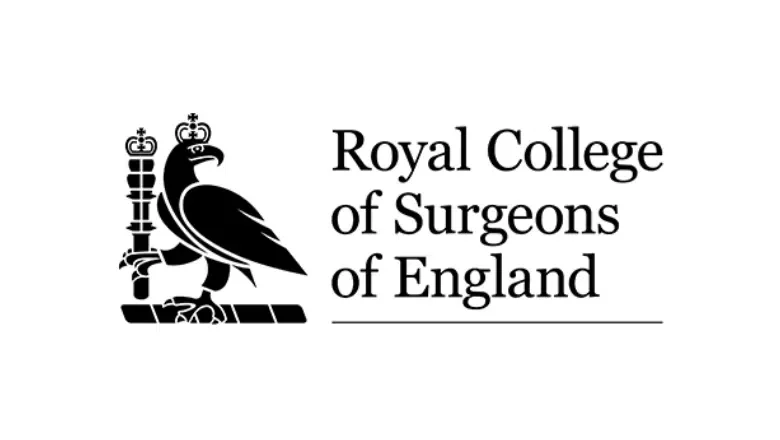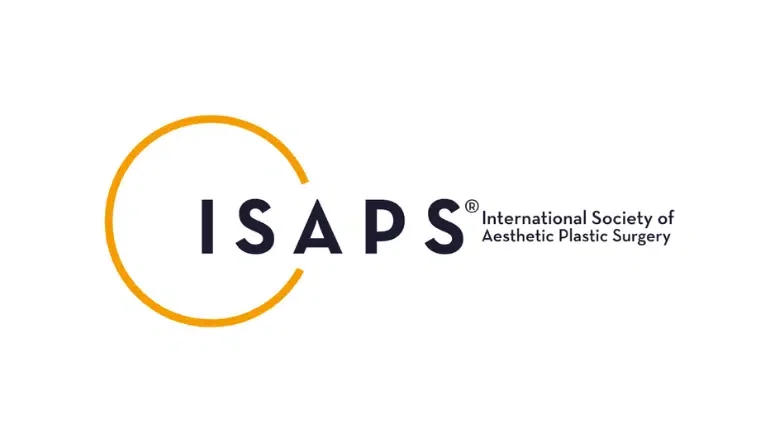Understanding the Impact of Alcohol on Cosmetic Surgery
As the holiday season and new year draw near, it’s common to find your social calendar brimming with celebrations. This time of year often prompts discussions about alcohol consumption, particularly in relation to cosmetic surgery.
Choosing to undergo cosmetic surgery is a significant decision, and as your surgery date approaches, it’s natural to feel a mix of emotions. Some might consider having a drink to ease pre-surgery nerves or to celebrate post-surgery outcomes. However, at Centre for Surgery, we strongly advise against consuming alcohol both before your surgery and during the recovery phase. There are several compelling reasons for this recommendation.
RELATED: Pre-Surgery FAQs – Preparing for Cosmetic Procedures
The Influence of Alcohol on Cosmetic Surgery Outcomes
Alcohol consumption can indeed have a notable impact on the outcomes of cosmetic surgery. When considering procedures such as rhinoplasty (nose surgery), the effects of alcohol can be particularly pronounced. Alcohol is known to cause inflammation, and in the case of rhinoplasty, this can lead to increased swelling in the nose area. This not only makes the recovery process more uncomfortable but can also have a lasting impact on the final appearance of your nose. Swelling influenced by alcohol may distort the healing process, potentially leading to results that differ from what was expected.
For those who have chosen a facelift to counteract visible signs of ageing, the role of alcohol in the healing process is equally critical. The success of a facelift is partly contingent on the skin’s ability to remain supple and hydrated during recovery. Alcohol, however, can dehydrate the skin, compromising its elasticity and hydration, which are vital for a smooth healing process and optimal results.
RELATED: How to Maintain Your Facelift Results
In the case of a tummy tuck, the significance of avoiding alcohol becomes even more evident. This procedure involves extensive manipulation of tissues, and for the recovery to be smooth and swift, it is essential to avoid anything that could hinder healing. Alcohol, by causing inflammation and dehydration, can prolong the recovery period and affect the quality of the results.
Consider the nutritional aspects of alcohol. Alcohol is high in calories but low in nutritional value. Excessive consumption can lead to weight gain, which can counteract the benefits of cosmetic surgeries aimed at body contouring, such as liposuction or a tummy tuck. Maintaining a stable weight is crucial for long-lasting results, and alcohol’s contribution to weight gain can detract from the achievements of your surgery.
RELATED: Cosmetic Surgery Risks
Risks Associated with Drinking Alcohol Before Cosmetic Surgery
Consuming alcohol before undergoing cosmetic surgery can lead to a range of complications, which is why it is strongly advised against. Here’s an overview of the potential risks:
- Dehydration and Skin Health: Alcohol acts as a diuretic, causing the body to lose water more rapidly. This effect can lead to significant dehydration, impacting the largest organ of the body – the skin. Dehydrated skin loses its suppleness and can become prone to cracking. In cosmetic surgery, where plastic surgeons often manipulate and stitch the skin, dehydration can lead to less than desirable outcomes, including the possibility of unattractive scarring. Well-hydrated skin is crucial for optimal healing and achieving the best possible aesthetic results.
- Interference with General Anaesthesia: Most cosmetic surgeries at Centre for Surgery are performed under general anaesthesia, which involves administering powerful drugs that affect vital functions such as breathing, heart rate, and blood circulation. Alcohol can also affect these bodily functions, making it challenging for the anaesthetist to judge the correct dosage of anaesthetic required accurately. Additionally, both anaesthetic drugs and alcohol can cause side effects like nausea and vomiting, which are not only uncomfortable for the patient but can also complicate the surgery and recovery process.
- Increased Bleeding Risk: Alcohol consumption, even in moderate amounts, can have an anti-coagulant effect, thinning the blood. Since all cosmetic surgeries involve incisions, drinking alcohol prior to surgery can increase the risk of excessive and unexpected bleeding during the procedure. This not only complicates the surgery but also puts the patient at greater risk, potentially leading to more severe postoperative complications.
Optimal Timeframe for Abstaining from Alcohol Before Cosmetic Surgery
When preparing for any cosmetic surgery, be it facial rejuvenation, breast surgery, or body contouring, achieving the best physical health possible is crucial for a successful outcome. At Centre for Surgery, we emphasise the importance of stopping smoking and maintaining a healthy, varied diet from the moment you decide to undergo surgery.
In line with this preparation, our specialist plastic surgeons strongly recommend reducing alcohol consumption well ahead of your surgery date. To minimise the various surgical risks associated with alcohol, such as increased bleeding, dehydration, and complications with anaesthesia, it is essential to completely abstain from alcohol for at least 48 hours before your operation.
This period of abstinence helps ensure that your body is in the best state for surgery, reducing the likelihood of complications and aiding in a smoother recovery. By avoiding alcohol, you help ensure that your body’s natural healing processes are not hindered, and that the effects of anaesthesia are not complicated by the presence of alcohol in your system.
The Detrimental Effects of Alcohol on Wound Healing
Consuming alcohol soon after surgery can be equally, if not more, harmful than drinking before the procedure. The negative impact of alcohol on the body’s healing process after surgery is significant for several reasons:
- Impaired Immune System Function: Alcohol can weaken the immune system, making it less effective in fighting off infections. After surgery, the body requires a robust immune response to heal properly and prevent infections at the surgical site. Alcohol consumption can hinder this essential immune function, increasing the risk of post-surgical complications.
- Increased Bleeding Risks: Alcohol has a blood-thinning effect, which can extend the duration of bleeding. After surgery, managing bleeding effectively is key to ensure proper healing. Drinking alcohol can exacerbate bleeding, prolonging the recovery process and potentially leading to more serious complications, such as haematomas (collections of blood outside of blood vessels) or increased scarring.
- Risk of Infection: The combination of a weakened immune system and prolonged bleeding creates an environment conducive to infections. Post-surgical infections not only delay the healing process but can also lead to more severe health issues that might require additional medical intervention.
Understanding the Consequences of Alcohol Consumption
Drinking alcohol after undergoing surgery can have several detrimental effects on the healing process and overall recovery. The reasons for this include:
- Increased Bleeding and Swelling: As previously mentioned, alcohol has a blood-thinning effect, which can lead to excessive bleeding. This is especially concerning after surgery when the body is trying to heal surgical wounds. Increased bleeding can lead to heightened swelling, further complicating the recovery process and potentially impacting the final results of the surgery.
- Dehydration and Its Impact on Scarring: Alcohol is a diuretic, leading to increased fluid loss and dehydration. Dehydration can negatively impact skin health, particularly in the healing stages after surgery. Adequate hydration is crucial for optimal skin healing and regeneration. Dehydrated skin can lead to worsened scarring and may hinder the overall aesthetic outcomes of the surgery.
- Fatigue: Alcohol can also cause tiredness and fatigue. After surgery, the body needs energy and rest to heal effectively. Consuming alcohol can disrupt sleep patterns and reduce the quality of rest, thereby slowing down the recovery process.
- Interaction with Medications: Post-surgery, patients are often prescribed medications such as painkillers and antibiotics. Alcohol can interact adversely with these medications. Mixing alcohol with certain medications can lead to unpleasant and potentially dangerous side effects, including nausea, headaches, and breathing difficulties. These interactions not only cause discomfort but can also complicate the healing process.
Guidelines on Resuming Alcohol Consumption After Surgery
At Centre for Surgery, a frequent inquiry concerns the advisability of alcohol consumption following anaesthesia. It’s crucial to understand that the effects of general anaesthesia can persist for several days after the procedure. Consuming alcohol during this period can exacerbate these lingering effects, potentially leading to complications.
Moreover, the interaction between alcohol and post-surgery medications is another critical consideration. Many patients are prescribed medications such as painkillers and antibiotics following surgery. Alcohol can interfere with the effectiveness of these medications and can lead to serious side effects. Therefore, mixing alcohol with these medications is strongly discouraged.
Given these factors, our recommendation for patients is to abstain from alcohol for at least two weeks following their operation. This timeframe allows the body to clear the anaesthetic drugs completely and reduces the risk of adverse interactions with post-surgical medications. A two-week period without alcohol ensures that the potential negative effects of alcohol do not compromise the initial critical phase of healing.
RELATED: Post-Surgery Top Tips – Recovery After Cosmetic Procedures
Why Choose Centre for Surgery: Excellence in Cosmetic Procedures
Centre for Surgery stands at the forefront of cosmetic surgery in the UK, offering an unparalleled experience in patient care and surgical expertise. Our cosmetic surgery clinic, located at the heart of London on Baker Street in Marylebone, is a hub of innovation and excellence in the field of plastic surgery.
Our Expertise: At Centre for Surgery, we pride ourselves on our team of highly skilled plastic surgeons, each bringing a wealth of experience and specialized knowledge. Our surgeons are dedicated to providing personalised care tailored to each patient’s unique needs and aesthetic goals.
Patient-Centred Approach: Our approach is distinctly patient-centred. We believe in building a relationship with our patients based on trust and open communication. This philosophy is reflected in the glowing testimonials from those who have experienced our care:
- “My journey at Centre for Surgery was nothing short of amazing. The staff were incredibly supportive, and the results have exceeded my expectations. I feel like a new person!” – Emily R.
- “From the initial consultation to post-surgery care, the level of expertise and care at Centre for Surgery was exceptional. I am thrilled with my results and the confidence it has given me.” – Johnathan L.
- “The professionalism and kindness shown by everyone at the clinic made my experience very positive. I am extremely happy with the outcome of my procedure.” – Sarah G.
Comprehensive Care: We offer a wide range of cosmetic procedures, each designed to enhance and rejuvenate. Our services range from facial rejuvenation to body contouring and cosmetic breast surgery. We employ the latest technologies and surgical techniques to ensure the best possible outcomes.
Finance Options: We understand the financial aspect of cosmetic surgery and provide various finance options, including 0% APR with Chrysalis Finance, making procedures more accessible to our patients.
Resources for Informed Decisions: We encourage prospective patients to visit our website for more information. Our extensive plastic surgery blog offers insights and updates on the latest trends and procedures in cosmetic surgery. Additionally, our FAQ section addresses common queries and concerns about cosmetic procedures.
Baker Street Clinic: Our Baker Street clinic is designed to offer a comfortable and confidential environment. The clinic’s location and facilities reflect our commitment to excellence and patient comfort.
Book Your Consultation: To begin your journey with us or to learn more about how we can help you achieve your aesthetic goals, contact us at 0207 993 4849 or via email at contact@centreforsurgery.com. You can also visit our About Us page for detailed information about our clinic, explore our finance options, read our plastic surgery blog, and find more details at our FAQ section. Discover more about our Baker Street clinic here.
At Centre for Surgery, we are committed to providing excellence in cosmetic surgery, with a focus on your safety, satisfaction, and the highest standards of care.










